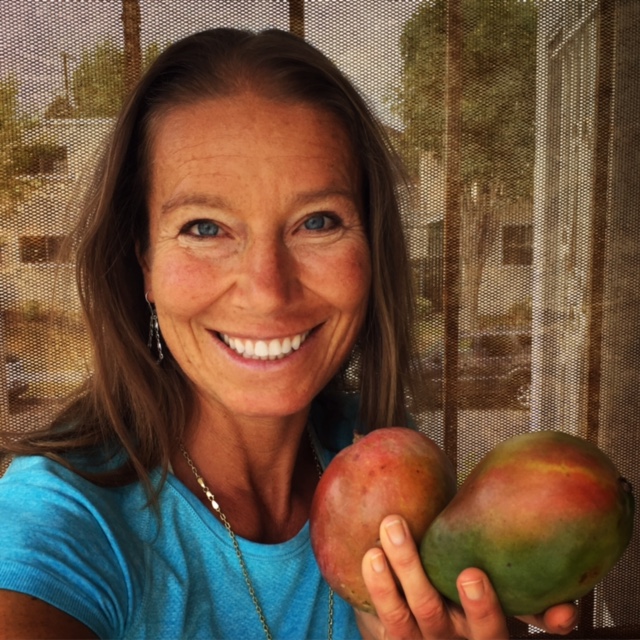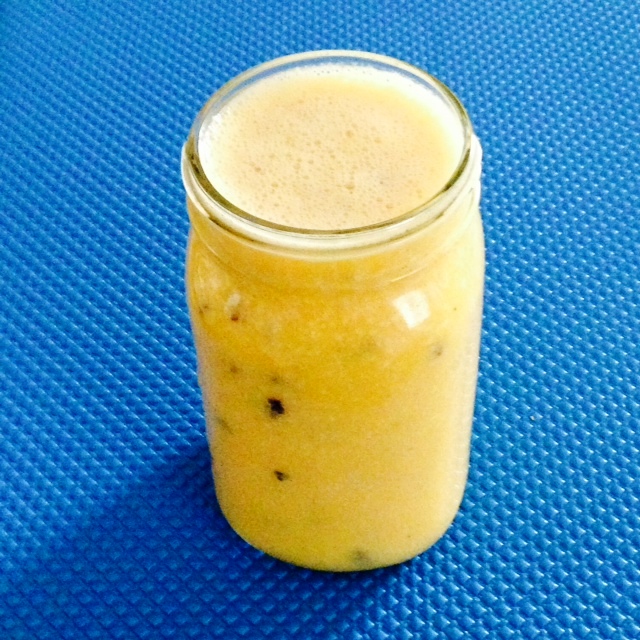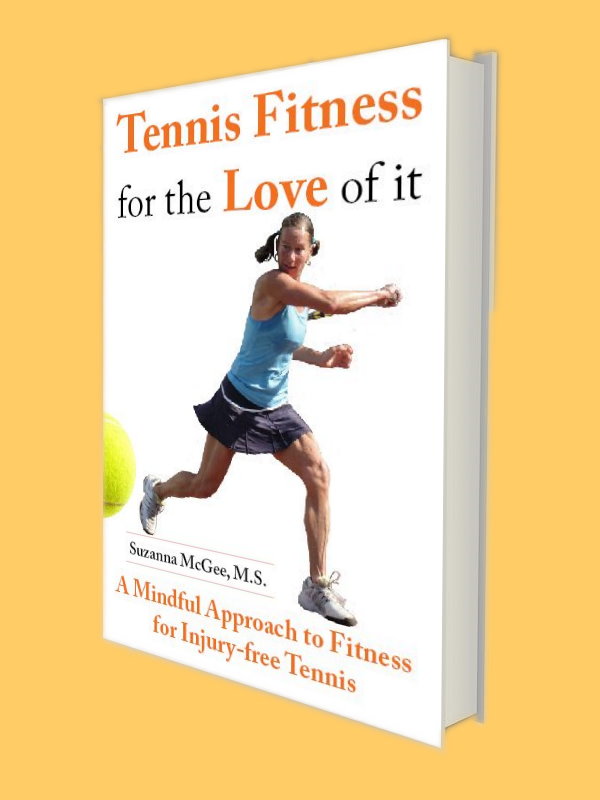More and more elite athletes are discovering the tremendous benefits of eating plants for improved performance and health. When the recreational athletes and fitness enthusiasts see how great the pros are doing, they are tempted to try the plant-based lifestyle too.
While being plant-based (or vegan) is extremely simple once you figure out what to eat, the transition may be somehow rough… until you figure out what to eat. Once you decide you want to do it, it will become simple and most probably you will NEVER regret this choice.
While you are transitioning to a whole foods plant-based diet, you will need a little extra discipline and focus in the beginning, because you may feel an emotional loss when you stop eating your favorite animal foods. You will look for something else to fill that empty space. You may worry about getting hunger attacks and intense cravings.
However, you will realize very quickly how extremely easy it is to get used to the delicious and satisfying starches, vegetables, and fruits instead of heavy, rich, and often chemically enhanced animal products. But, until this happens, you will need a little discipline to stick to your new nutritional style, just as in any other change or transformation.
CHANGE IS UNCOMFORTABLE
Change is not always easy, whether you choose it consciously, or it happens because of circumstances. It can be uncomfortable or downright painful. That is why we fear change. Even though we are consciously choosing health and vitality, for some people the idea of never eating meat and dairy can still be horrifying. Others may take it on with ease. We are all different. Easy or not, remember that this significant change doesn’t need to happen overnight. This is going to be your new lifestyle and you can ease into it and feel comfortable.
FIND A METHOD THAT WORKS FOR YOU
Maybe give up meat and dairy just for one day a week (there is already a support organization called Meatless Monday). You will find that it is actually rather simple. Then you may add another day or two and string a few days in a row. Finally, perhaps you may do six meatless days a week and have one meaty one. One day, you will have all days without meat and dairy because you feel great.
Some people need to quit cold turkey because it is too difficult for them to eat just a little bit of the animal products, teasing their taste buds constantly. Remember that there are no rules. Do whatever best fits your personality and lifestyle.
The change is progressive. Even though you don’t eat meat and dairy, there will be moments where you are passing by your favorite restaurant or you smell your friend’s lunch and your memories bring the temptations and a tiny drool to your mouth. You may succumb, especially during the first stages of your transition. Don’t worry, enjoy your meal and keep going. It’s not the end of the world.
As time goes by and you feel healthy and thriving, it will be harder to tempt you. You will know when you are one hundred percent plant-based—when no image of animal products, TV commercial, or smell will arouse your taste buds or your mind. You will be unmoved, and there will be no temptation to taste a piece. You may even reach a point where you see a juicy cheesy hamburger on TV, and your face will scrunch, thinking, “Ewww; that’s nasty!” If you are laughing in disbelief now, remember these words for the future.
TRANSITION TO A PLANT-BASED LIFESTYLE
In the beginning, you may find potatoes, rice, lentils, beans, or grains a bit bland compared to your previous rich animal meals. I promise that it won’t take too long and you will truly appreciate their taste. In next to no time, you will never want to look back at the animal products again.
During the transition, if you need to enhance your carbohydrates with something that your taste buds are accustomed to, such as BBQ sauce, mustard, ketchup, vinaigrette, spices, or sweetener, please do so. It is better to add something familiar rather than drift off the path. After all, you were always adding these condiments on your meats, didn’t you? Meat without spices is rather boring.
It may come as a surprise that I am suggesting sweeteners. Unprocessed sweeteners, such as honey, agave syrup, maple syrup, or molasses are fine to use. While they all contain sugar, it is a safe and clean source of energy without added fat, sodium, cholesterol, or other chemicals. You need to use it smartly and sparingly and it will be a great addition to your culinary expedition to plant-based heaven. Stevia (the plant Stevia rebaudiana, also known as sweet leaf) is a safe sweetener to use without adding extra calories.
Sugar is a much better choice to enhance the flavor of your food rather than fats and oils, which hold twice as many calories per gram and a collection of medical problems associated with it. No need to worry, as the sugar in your plant-based kitchen will not make you fat or diabetic.
Some studies suggest that people who eat more simple sugars ingest fewer total calories and thus have less of a chance of becoming overweight. The mechanism is that they feel satisfied faster with the sweet flavor, and consequently eat less fat. Type-2 diabetes is a result of obesity. The lowest rates of obesity are found in nations where high-carbohydrate diets are the cultural style of eating, for example in rural Asia, Africa, rural Mexico, or Peru. When these people move to modern areas and adopt the fatty and processed Western diet, they become fat and sick, despite their “genetic make-up”. The genes play a very small role, while lifestyle dictates almost all outcomes in life. Scientists understand that sugar doesn’t cause type-2 diabetes and the American Diabetic Association recommends that diabetics eat 55–65 percent of their daily calories from carbohydrates. Whole foods plant-based nutrition helps diabetics cure their conditions, reduce, or completely stop their medications and improve their overall health and wellbeing.
Whether your style of transition is gradual or instantaneous, if you have a hard time, you can make the transition easier by using vegan substitutes for your favorite animal foods. Even though I do not recommend them for your future nutrition, I think it is ok for short periods if it simplifies your transition. They are usually highly processed with various additives, and your goal is to transition away from man-made food to whole plants in their natural state.
All this said, it doesn’t mean that you can binge and adopt a diet full of processed, white sugar and flour, sugary donuts, and other processed carbohydrate foods. If the food doesn’t grow above or below the ground, it is processed, and you don’t eat it. (Do you want to know how to stock your kitchen? Read more…)
The food processing takes away all the quality nutrients, and the refined foods are nutritionally empty. Even if they enrich the processed foods with some other “good” nutritional ingredients, most often, they are chemically created and the body doesn’t know how to process or use them. In your new plant-based life, this is not food.

PROCESSED VEGAN FOOD… YES or NO?
Some of these substitutes look, smell, and taste like their animal cousins: soy burgers and sausages with painted grill marks, tofu pieces looking like chicken, pizza with fake mozzarella cheese made from soy. They make your life easier during the transition to a plant-based lifestyle, but try to eat them minimally and for only a short term. Processed soy products, often drenched in vegetable oils are as bad as animal products. Modern food processing factories use fast and mechanical methods to turn soy into edible copies of other foods. Many of the processing methods are unsafe and health threatening as described in detail by Dr. John Briffa in his article It’s not just the salt that makes many meat-substitute foods a thoroughly unhealthy option:
“The food industry has contrived to contrive soya into a huge range of processed foods by converting raw soya beans into something known as soy protein isolate (SPI). Production of SPI takes place in factories where a slurry of soybeans is treated with acid and alkali solutions to get the protein to precipitate out. In this process, the product can be tainted with the metal aluminum (aluminum exposure has been linked with an increased risk of degeneration of the nervous system and Alzheimer’s disease). The resultant protein-rich ‘curd’ is spray dried at high temperature to produce a powder. SPI may then be heated and extruded under pressure to make a foodstuff known as textured vegetable protein (TVP). SPI and TVP will usually have monosodium glutamate (MSG) added to it to impart a ‘meaty’ flavor before it is fashioned into products such as vegetarian burgers, sausages and mince.”
Even though you are still doing a great thing—saving the lives of poor animals—you are not doing a good thing for yourself. Once you are deeper into your transition, you will discover many yummy foods to eat, with a chewing consistency that gives you the same pleasure as animal products. You will discover that you don’t need any substitutes for your favorite animal anymore because you will create your own meals such as a great burger from lentils or garbanzo beans, a cheese-like spread from cashews or white beans, or tasty desserts from beans and seeds. Your creativity will bring joy to your meals and health to your life.
Always include as many fresh fruits and vegetables as possible (you can eat them as they are, blend them into smoothies, or extract the pulp and drink as juices). Fresh fruits are an amazing snack, or in a larger amount an amazing meal. You don’t need worry about the sugars in fruits, they are processed differently by the body than the white and processed sugars in muffins, candies, ice creams, and other unhealthy foods. Fruits give you a lot of energy for your training and are very easy to digest. You can also make smoothies and juices.
Read more articles on how fruits can help you with your training and body weight.
Feel free to email me if you have questions or have difficulties with your transition. This post was partially an excerpt from “The Athlete’s Simple Guide to a Plant-Based Lifestyle”.
PS
If your eating habits are subpar, you need to make sure that you get all the nutrients in and you should be adding some supplements into your diet. Personally, I eat very few supplements because my diet is so clean—mostly plants (vegetables, fruits, legumes) and mostly in raw state. The cleaner and healthier you eat, the less supplements you need. The few ones I use come from Athlete’s Best, whom I trust dearly because they have proven to me and my clients to bring great results from their high quality products.
One of the most popular supplements are the Athlete’s Best Omega-3s, a superior product with excellent results. (However, observe that it is not fully vegan).
The other products used by elite and recreational athletes are Vitality Force, which helps increase energy, stamina and blood flow. It also contains 500mcg of the correct form of Vitamin B12 which is very important for vegans (and even non-vegans). It is a terrific foundational product.
Their last product is the Magnesium Oil with MSM topical spray, which helps to prevent leg cramps and also helps relieve sore muscles. Many professional athletes use magnesium oil in their recovery.
For the summer, Kris from Athlete’s Best has offered to all my readers 10% discount on all the products.
Use coupon SUMMER1510 and stock up.
(Just for your information, the CEO Kris Vigue has done business with some of the top rated players in the game. His father, Dr. Jim Vigue is co-authoring a book for Baby Boomers with Dr. Joy Macci, who has trained stars such as the Williams Sisters and Maria Sharapova when they were younger. They play tennis and know about tennis and the needs for being great athlete. They cater and serve athletes and their special needs).
.




